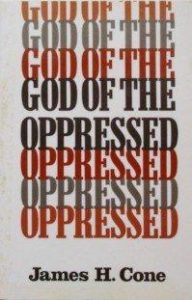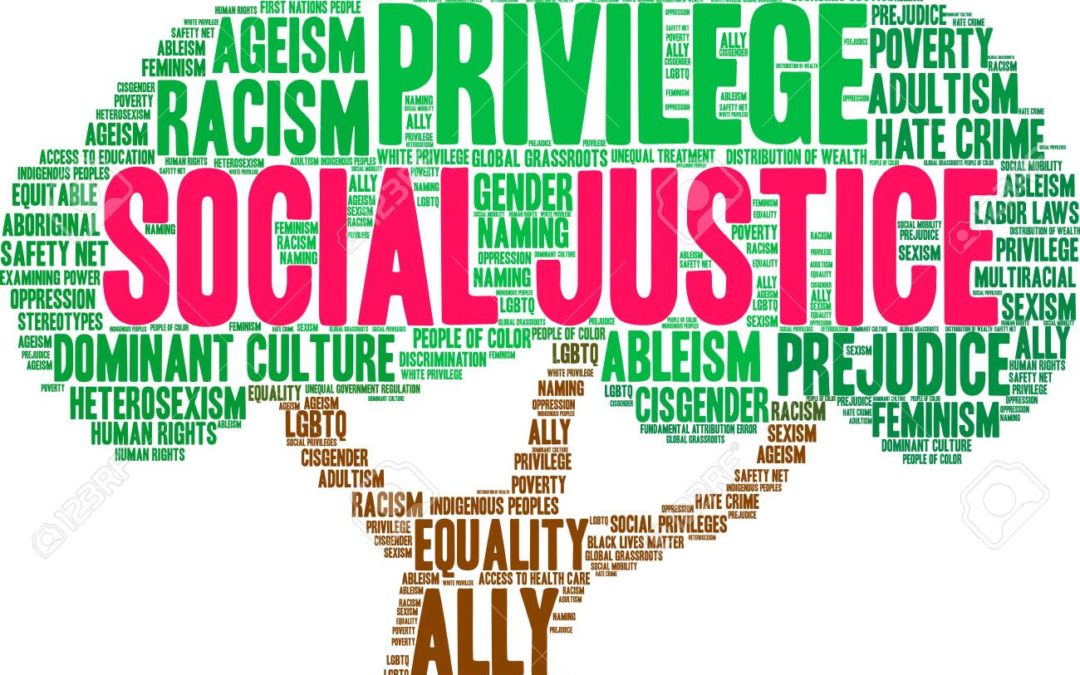David Brooks is a New York Times columnist whose writings I generally find to be thoughtful and insightful. He is the author of five books that deal with the importance of developing personal character and a regular commentator on National Public Radio. He is what I would call a moderate political conservative. I don’t always agree with his perspective, but he causes me to step back and consider why I think and believe what I do.
Recently Brooks wrote a column in which he was quite critical of the concept of social justice. He referred to social justice as…
“a quasi-religion seeking control of America’s cultural institutions. The acolytes of this quasi-religion, Social Justice, hew to a simplifying ideology: History is essentially a power struggle between groups, some of which are oppressors and other of which are the oppressed. Viewpoints are not explorations of truth; they are weapons that dominant groups use to maintain their place in the power structure. Words can thus be a form of violence that has to be regulated.”
He goes on to say:
This movement emerged from elite universities , and its basic premise is that if you can change the culture structures, you can change society…The Social Justice activists focus on cultural levers of power. Their most talked about action is canceling people. Some person, usually mildly progressive, will say something politically problematic and his or her job will be terminated. In this way new boundaries are established for what has to be said and what cannot be said.
I was particularly attuned to Brooks’ take on social justice because only a week earlier I was talking with a group of faculty, staff, and students at a small Midwestern college, who had as one of their five institutional commitments, the commitment to social justice. Apparently a member of the college Board of Trustees had spoken critically of the commitment to social justice. I was asked how I would respond to that board member.
As one who taught an undergraduate course on social justice for years and a follower of Jesus who sees a concern for social justice as central to my faith, I have a hard time wrapping my head around why anyone would object to the idea of social justice. I did not teach at an elite university, and the elite university I attended (Duke) did not teach me about it. I learned about the idea of social justice working alongside other regular people seeking to make the institutions and laws of our nation more equitable and fair.
However, I know that for much of U.S. history the concept “social justice” has been a pariah in the minds of many Americans. Often those most opposed to social justice are who have most benefitted by the machinations of the American economy and political system. Social justice has been linked to Communism, Socialism, anti-Americanism, and liberal (read “not-really Christian”) Christianity. By its very nature social justice questions the veracity of political leaders, the virtue of societal institutions, and the accuracy of the commonly understood narrative taught in schools about American history. For these reasons, it must be distrusted and rejected as corrosive to the American way of life.
While Brooks’ and these other’s characterizations of social justice are not altogether wrong, the idea that social justice is antithetical to what is truly American denies the history those critics claim to honor. We forget that many of those Europeans who first came the shores of North America were either fleeing persecutions themselves (the Puritans), or were the impoverished debtors on the streets of English cities (Jamestown). We forget that the nation was borne out of a rebellion against economic injustice and that many of the positive developments in civil rights, women’s rights, labor practices, and general social welfare came through struggles where activists challenged the fairness of basic foundational beliefs and institutions at the time. A concern for social justice is as central to the American narrative as mom and apple pie.
The problem is that those Europeans who came to these shores and founded the nation known as the United States were not without fault themselves. As they sought to secure their own rights and freedoms, they did so by eliminating, enslaving, and dehumanizing others. In their quest for their social justice, these Europeans denied justice to the indigenous peoples, enslaved Africans, conquered Latino/as, immigrant Chinese and many others. If American history were to be told from the viewpoint of the African American, the Native American, or the Asian immigrant, that story would have different key events and heroes. The sanitized White American story would not look so clean.
David Brooks is right to criticize the social justice activists who want only to “cancel people,” which I take to refer to the current effort to remove statues of historical individuals whose prominence was in part due to dehumanizing and oppressing others. These sorts of actions are only cosmetic and don’t get at the underlying issue causing the disparities and injustice we face today. Nonetheless, I support such efforts because they are symbolic beginning. They cause us to ask who our national role models are and why do we admire them. Like Brooks, I agree that after the marches and demonstrations subside, we need to do the hard work of passing “legislation that will decrease income disparities, create better housing policies “ and address other sources of inequity in education, healthcare, and criminal justice practices.
When I described social justice to my students I would say: Social service is meeting needs such as hunger and homelessness directly, whereas social justice is addressing at the causes that create those needs in the first place. I distinguished criminal justice from social justice this way: Criminal Justice assumes the laws are fair and just and simply need to be enforced. Social justice assumes that the laws themselves are unfair, and need to be changed. I work for social justice, not because of some elitist ideal, but because I have come to know people who have been ignored, deprived, and demeaned by our society. I work for social justice because I believe that all people should have access to quality education, good healthcare, safe housing, fair treatment by police, and much more regardless of their race, gender, sexual orientation, economic standing, physical and mental ability, and national origin.
Social justice is not a “quasi-religion” but a fundamental principle of American history. Contrary to Brooks, I would love it if social justice permeated every American cultural institution. Thus I will not shy away from the term, but rather embrace it as part of my role and responsibility as an American citizen.


Great perspective Drick. I am now doing Social Justice in a diversity zoom class.
Thanks Drick for putting some things in perspective. Always good!